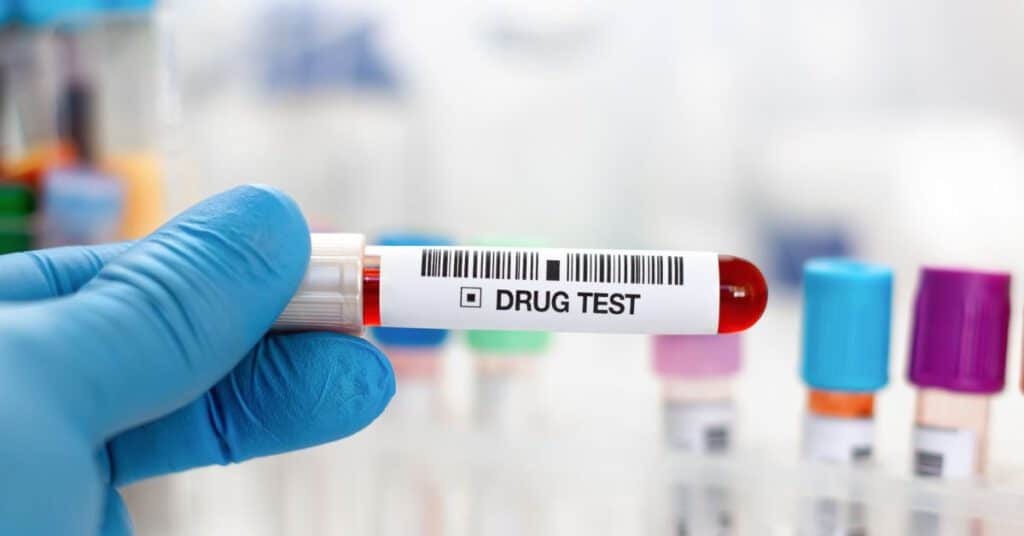As marijuana laws evolve across the United States, employers are navigating a complex landscape and reevaluating their drug testing policies and practices. The increasing decriminalization and legalization of marijuana for both medical and recreational use have significant implications for workplaces. How do changing marijuana laws impact an employer’s drug testing policy and practices? Let’s take a look.
- Patchwork of State Laws
The first challenge for employers lies in the inconsistent state-by-state approach to marijuana legislation. While some states have fully legalized marijuana for both medicinal and recreational purposes, others maintain strict prohibitions. The diverse legal framework has left employers pondering how to maintain a consistent national policy.
- Compliance with State Laws
Employers must carefully consider the laws of their specific state. Some states have instituted regulations that protect employees from discrimination based on marijuana use, especially for medical purposes. These laws can complicate an employer’s ability to take disciplinary actions.
- Zero-Tolerance Policies
Certain employers, particularly those concerned with safety-critical roles, have clung to zero-tolerance drug policies. In these environments, any trace of marijuana in an employee’s system, regardless of its legality, may lead to disciplinary measures or termination. But are these types of policies realistic or even legal in states where marijuana use is legal?
- Job Relevance
Employers should reevaluate their drug testing policies to ensure they are relevant to job requirements. For example, instead of screening for any trace of marijuana use, employers could focus on whether it impacts an employee’s ability to perform their job safely and effectively.
- New Hiring Practices
Some employers are altering their hiring practices, particularly by reducing the reliance on pre-employment drug testing for marijuana. These shifts aim to attract a wider pool of candidates and acknowledge changing societal norms.
- Medical Marijuana Considerations
As more individuals turn to medical marijuana for various conditions, employers must address accommodation requests. Medical marijuana may not pose a significant issue for all job roles, but it is crucial to assess each case individually.
- Review Drug Testing Vendor Agreements
Employers should closely examine their contracts with drug testing vendors to ensure their policies and procedures align with state laws and their own evolving policies.
- Workplace Safety
Occupational health and safety remain paramount. Employers with safety-sensitive roles, such as operators of heavy machinery, need to uphold rigorous policies to ensure workplace safety. Some argue that marijuana impairment can impair performance, similar to alcohol, a view that will impact testing policies.
- Federal vs. State Laws
The conundrum of marijuana’s classification as a Schedule I controlled substance at the federal level further complicates matters. Although individual states may legalize marijuana, federal law may still classify it as illegal. Employers with federal contracts or operations need to be particularly cautious.
10. Education and Communication:
Employers must engage in ongoing education and communication with their workforce. Clear policies, open dialogue, and employee education on the company’s stance regarding marijuana use are essential.
Conclusion
Changing marijuana laws present a multifaceted challenge for employers. At the moment, there are more questions than answers. Regardless, employers must stay informed and make deliberate, well-informed decisions regarding their employment drug testing policies and practices in this era of evolving marijuana legislation.


